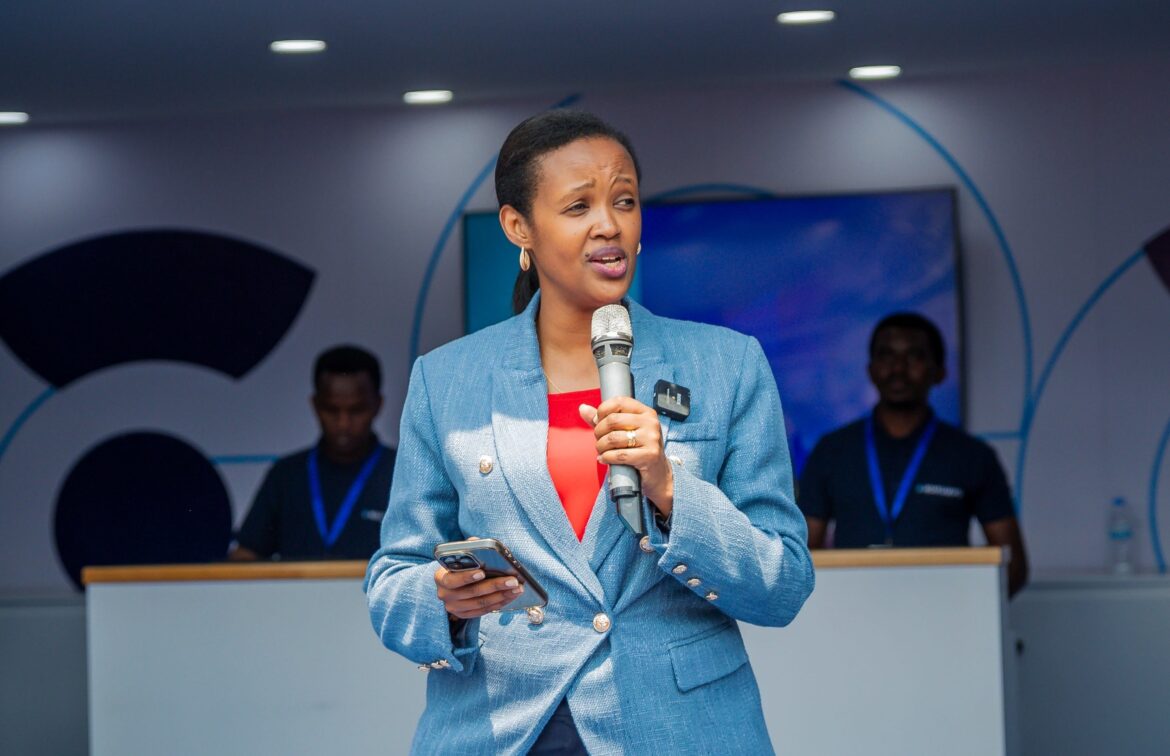Josephine Mukesha is driving Rwanda’s move to a unified digital ID system, streamlining civil registration and strengthening national governance.
When Josephine Mukesha was appointed Director General of Rwanda’s National Identification Agency (NIDA) in 2017, she stepped into a role at the centre of the country’s efforts to modernise its civil registration and identification systems. With a background in information technology and project management spanning more than 15 years, and a master’s degree in IT from Carnegie Mellon University (USA), she combined technical expertise with administrative experience in guiding NIDA’s digital transformation.
NIDA’s Role in Rwanda
NIDA was established to centralise civil registration and national identification in Rwanda. The agency is responsible for maintaining vital records, issuing national identity cards, and building systems that support both public administration and private sector services. Reliable identification covers areas such as healthcare, social protection, education, and national security, making NIDA a pillar of the country’s governance and development strategies.
Before digitisation, the system relied heavily on fragmented, paper-based processes that created inefficiencies and limited access. As Rwanda expanded its ambition to strengthen digital governance and improve service delivery, NIDA became an institution under scrutiny to deliver results.
However, under Mukesha’s leadership, the government agency has grown stronger in reputation, seen now as a symbol of dependable, forward-thinking governance that harnesses data and biometrics to serve the people better.
One of the significant milestones under Mukesha’s tenure is the digitisation of Rwanda’s Civil Registration and Vital Statistics (CRVS) system. This reform integrated nine vital events—including birth, marriage, and death—into a single digital framework. The move reduced duplication, minimised errors, and improved access to accurate data for planning and service delivery.
The modernised CRVS has also made it easier for citizens to obtain and verify records, ensuring that key services can be accessed without the delays previously caused by manual procedures.
Another signature achievement under her leadership is steering the $38 million Single Digital Identity initiative, launched in 2023. The initiative is designed to provide every Rwandan with a secure, multimodal digital identity that can be used across both government and private sector services.
According to government documents, the project is intended to strengthen security by improving verification processes, reducing identity fraud, and expanding inclusion by ensuring that citizens, including those in marginalised groups, are integrated into the national system. The reform is also expected to improve the interoperability of databases, enabling faster and more reliable access to services.
As Josephine Mukesha continues to lead NIDA, she drives the wider priorities of Rwanda’s digital agenda: using technology to improve governance, build trust in state systems, and make essential services more accessible. Through her work, the National Identification Agency has evolved from a traditional registry office into a dynamic, technology-driven institution vital to Rwanda’s future prosperity and security.
Have you registered for the Africa Female CEO Conference (AFCC)? Join over 200+ influential and emerging African women leaders at the inaugural AFCC on September 18th at Radisson Blu, Ikeja, Lagos, to chart the course for Africa’s future. Hit this link to reserve your slot: https://tix.africa/africa-female-ceo-conference-afcc



